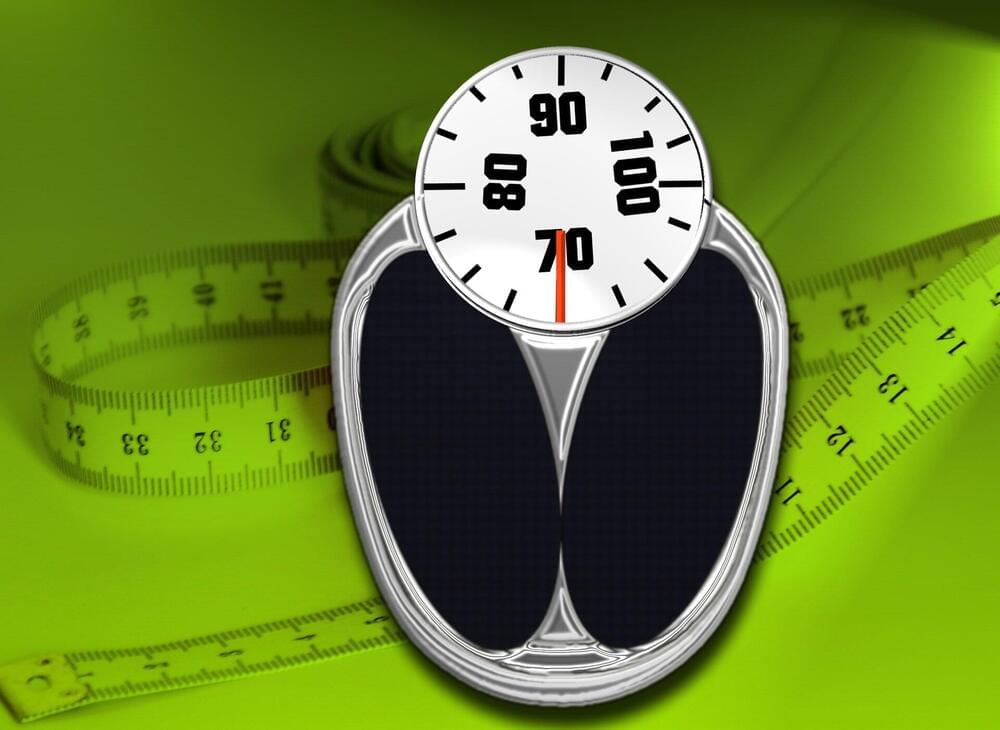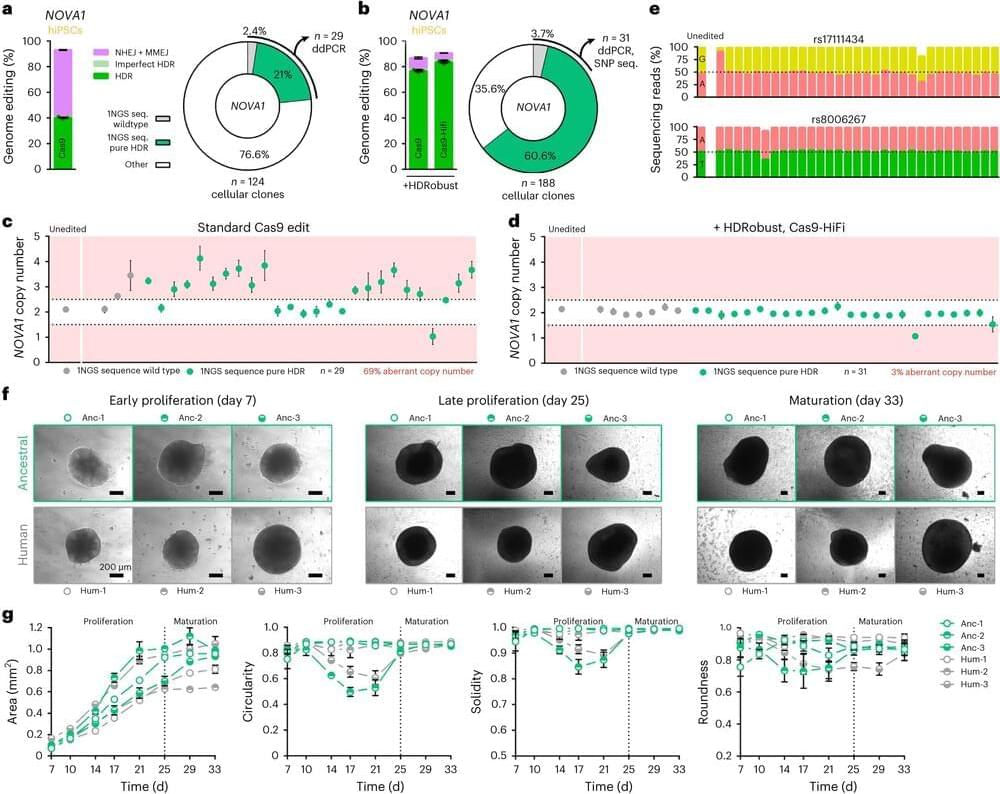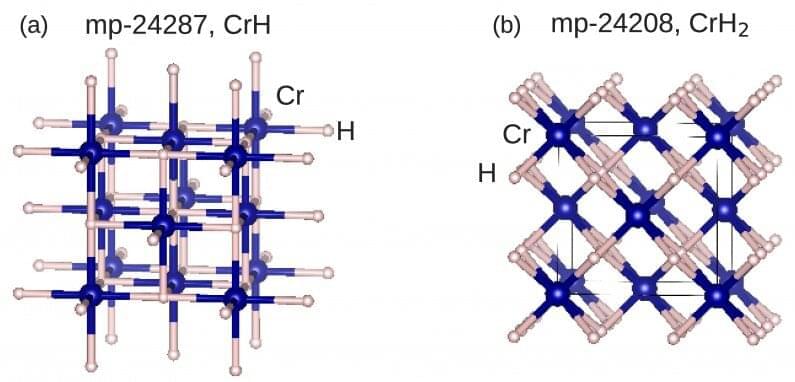Jul 21, 2023
Novel radiotracer demonstrates high diagnostic efficacy for obese patients with coronary artery disease
Posted by Shubham Ghosh Roy in category: biotech/medical
A novel PET perfusion radiotracer, 18 F-flurpiridaz, can diagnose coronary artery disease (CAD) in obese patients with a higher sensitivity and specificity compared to 99m Tc-SPECT myocardial perfusion imaging (MPI), according to research presented at the 2023 Society of Nuclear Medicine and Molecular Imaging Annual Meeting. 18 F-flurpiridaz PET MPI obtained images at a lower radiation dose than 99m Tc-SPECT MPI and performed similarly in both obese and non-obese patients.
Obese individuals frequently have medical conditions such as diabetes, high cholesterol, and high blood pressure that put them at higher risk of developing CAD. Due to these risk factors, imaging obese patients for CAD is very important.
“Due to their body shape, it’s often hard to image obese individuals,” said Krishna Patel, MD, assistant professor of medicine and cardiology at the Icahn School of Medicine at Mount Sinai in New York. “This can result in inferior image quality and diagnostic performance despite requiring a higher dose of radiation.”

















